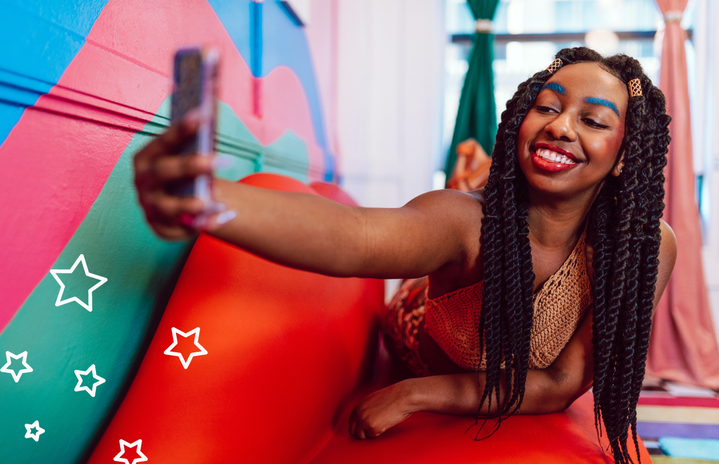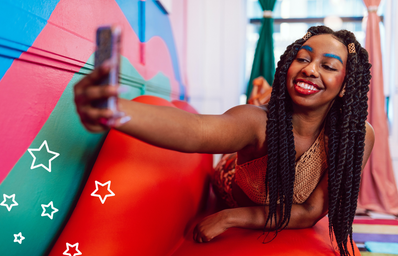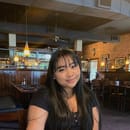It’s no secret that beauty filters have contributed heavily to unrealistic beauty standards instilled in the minds of teenagers and young adults. Since Snapchat integrated filters into their app in January 2015, just a little over seven years ago, other social media apps have followed in its footsteps. At first, filters were exclusively created by the host companies, but have now evolved to allow user-created filters to make their way through the platform. Even TikTok, the popular video platform, has begun to allow users to upload their own digital creations. As users become more accustomed to using and creating their own beauty filters, it’s interesting to see what features are being accentuated and which ones are being erased.
The different types of filters on social media apps like Snapchat, Instagram and TikTok all seem to showcase a constant trend in makeup looks. What these filters are beginning to promote are unattainable and unrealistic beauty standards no one can ever achieve. They make people, especially girls and young women so deeply insecure that they rely on beauty filters and apps to look like their “ideal” selves. Some are unable to even look at themselves in a camera without immediately applying a filter or edit.
What isn’t often discussed, however, is the unique, negative impacts beauty filters have on marginalized groups. Growing up as a Southeast Asian-American, I’ve suffered micro-aggressive behaviors from my peers who made fun of my tanned-skin and big lips. It’s a confusing experience to, at the same time, live through the digitalized age of beauty filters that mimicked tan skin and large lips. There are even filters, like TikTok’s “Fox Eye” filter, that edit a person’s eyes to appear slanted and pulled back: an obvious mockery of Asian eyes. These experiences aren’t just my own. Millions of people of color have gone through these same situations one way or another. Not only do we experience racism for the features we are born with, but we also witness praise toward white beauty influencers who have the same features that are pushing us into the shadows.
While beauty filters may make someone tan and give them big lips, there are also hundreds with the purpose of lightening a user’s skin. These filters, unfortunately, are often made by Asian users promoting the colorism that runs deep within the community. Imagine yourself scrolling through some Instagram filters wanting to find one featuring a beloved cartoon character, such as Hello Kitty. You decide to click on one of the many filters featuring this character and you end up staring at a version of yourself that is three shades lighter than your usual skin tone. You’re confused. Yet, you move onto the next one and find yourself with even lighter skin. The preference for pale skin goes beyond being just a preference and shouldn’t be defended as if it doesn’t have roots in classist and racist notions.
Beauty filters have gone beyond the simple blur of a pimple or the removal of some eyebags. They have created a community reliant on these filters to feel beautiful and attractive. Not only have they started to make people believe they need to look “perfect” at all times, but they’ve also created and heightened people’s insecurities. When we begin to use filters that pick and choose which ethnic features to copy, what does that truly say about what is or isn’t deemed attractive to society?


